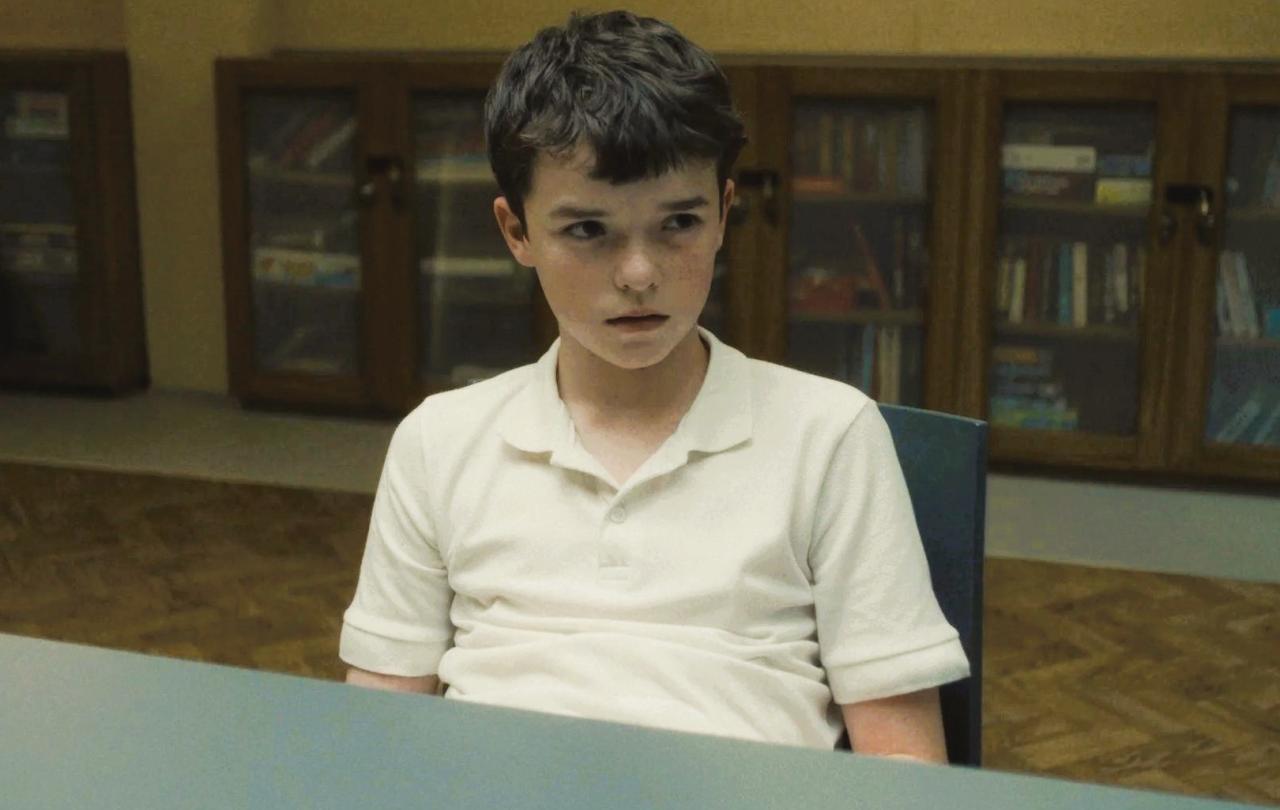
There is something about the way popes are elected that captures the imagination. Whoever dreamt up the idea of black smoke for ‘no decision’, and white smoke for ‘habemus papam’ – ‘we have a new pope’ - was a genius at marketing. So much better than a press release or a tweet from the Vatican X account.
The conclave was brought to our imagination so vividly by the recent film with Ralph Fiennes. We love the idea of secret debates, intrigue, people locked away from the world until they come to a decision with arcane ancient rituals and an uncertain outcome. Was there ever a film whose release was better timed?
There are also the sheer numbers involved. There are approximately 1.4 billion Catholics in the world today – roughly the same as the population of India and China, the world most populous nations. Yet the identity of the new pope is of matters to the rest of us too. The leader of China of India is of interest especially to people living in China or India, but maybe less so for those of us who don’t. The new pope is the head of churches round the corner from where you live, or of people with whom you work, or, if you are Catholic yourself, your own spiritual leader. This appointment matters.
Yet it’s not just the optics, the drama, the numbers. And it’s not just for Catholics either. I am an Anglican, and since the Reformation of the sixteenth century, we have had in our own 39 Articles the statement: “The Bishop of Rome hath no jurisdiction in this Realm of England.” That might seem to settle the matter that it’s of no interest to English Protestants. But that would be wrong.
I met Pope Francis once. It was at a gathering of Anglican Archbishops in Rome last year. We all were led through magnificent Vatican corridors into an imposing state room, adorned with fantastic frescoes, where the white-robed Holy Father was brought in on his wheelchair to deliver a brief 20-minute homily to us all.
It was a good talk, thoughtful, well-constructed, but in many ways unremarkable. It didn’t say anything much that I hadn’t heard from other sources. Yet somehow this was different. His words carried a weight, a gravity that went beyond the content of the lecture itself. It was as if, when he entered that room, he carried with him two thousand years of church history.
The line of Bishops of Rome goes back to St Peter, the gruff, unschooled fisherman who Jesus called from his mundane life to become an apostle, and who then on, was so captured by the person of Jesus that he gave his life in the cause. I left that room conscious of the weight of the office of the papacy, even if I don’t recognise him as my direct spiritual father.
Listening to this successor of St Peter felt like you were listening to one of the friends of Jesus – and this was not just the personal quality of the man himself, but something about the office he occupied. It was a personal, vivid link to the origins of the Christian movement, the first stirrings of the revolution.
The papacy is one of those unique things in modern life - an umbilical link to the past.
Of course, there have been some pretty terrible occupants of the papal see, whose personal lives showed scant evidence of any knowledge of, or relationship with Jesus. The sixteenth century Roderigo Borgia (Pope Alexander VI) comes to mind, who despite the rule on clerical celibacy, had several children from various mistresses, won the Papacy by bribing cardinals, and made his favourite son bishop of several lucrative sees at the age of eighteen, and a cardinal at nineteen. So, there is nothing automatic about this – which is why the Protestant Reformers denied the idea of any blanket automatic papal authority.
Yet when a person of evident holiness is combined with this notion of the weight of the office, the papacy becomes a gift to all of us, linking us back to the earliest followers of Jesus – even to Jesus himself.
The papacy is one of those unique things in modern life - an umbilical link to the past. Monarchies do something similar – linking us to the past through the long line of kings and queens of England, Denmark, Spain or wherever, yet more often than not, the events they lead us back to, the process by which those families took power, reveal murky politics, bribery and bloody battles.
This is a line in history that links us to the event that, if Tom Holland’s Dominion is to be believed, has had more impact in shaping western culture than any other – the remarkable life, death and resurrection of Jesus – a radical life full of love, self-giving and transformative power – for both individuals and whole civilisations. And for that, whether we are Catholic, Protestant, Orthodox, or even, perhaps, unbeliever, we might raise a prayer - or a glass - of thanksgiving.





